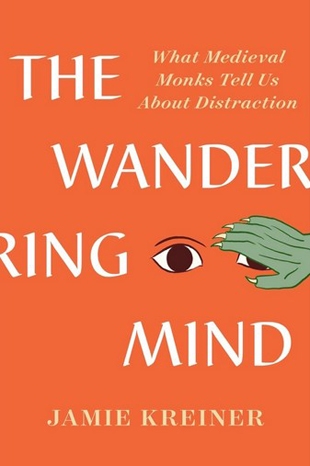“We often blame our memories for blanking, but monks were likelier to accuse theirs of being hyperactive — and this was an additional threat to their attention.
“It was impossible to empty your mind completely, no matter how much you disliked its contents. But you could restock it and reorganize it, filling it with things you actually cared about and making them easier to access. A mind should become a room that was furnished well, but sparely.
“Monks learned how the memory worked — rather than treat it like a black box, as we often do today. Then they took advantage of its mechanisms. They used this construction site and its machinery to reorganize their past thoughts, draw themselves deeper into present thoughts, and establish new cognitive patterns for the future. They were after modes of thinking that felt proactive rather than passive, to engage in a kind of work that was itself a form of deep attention.”
